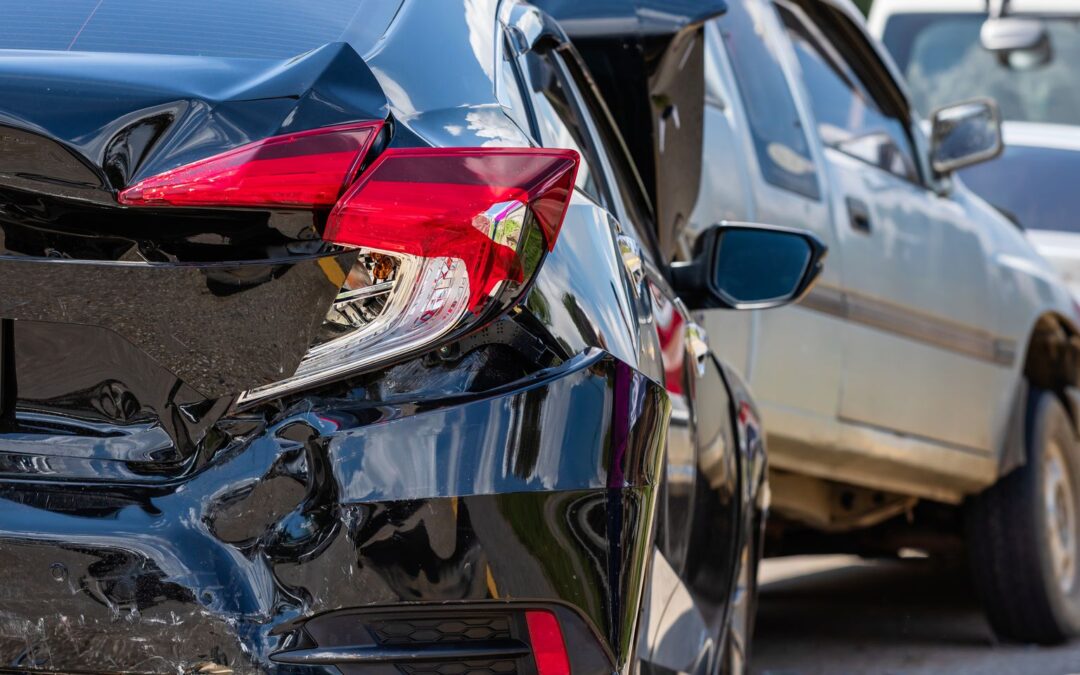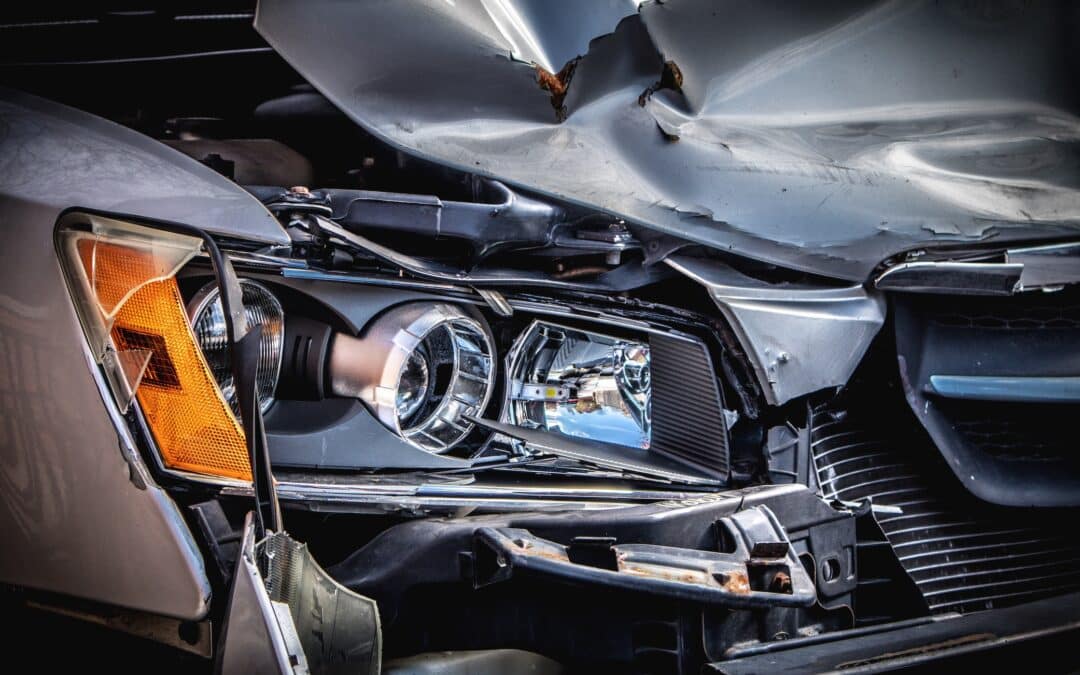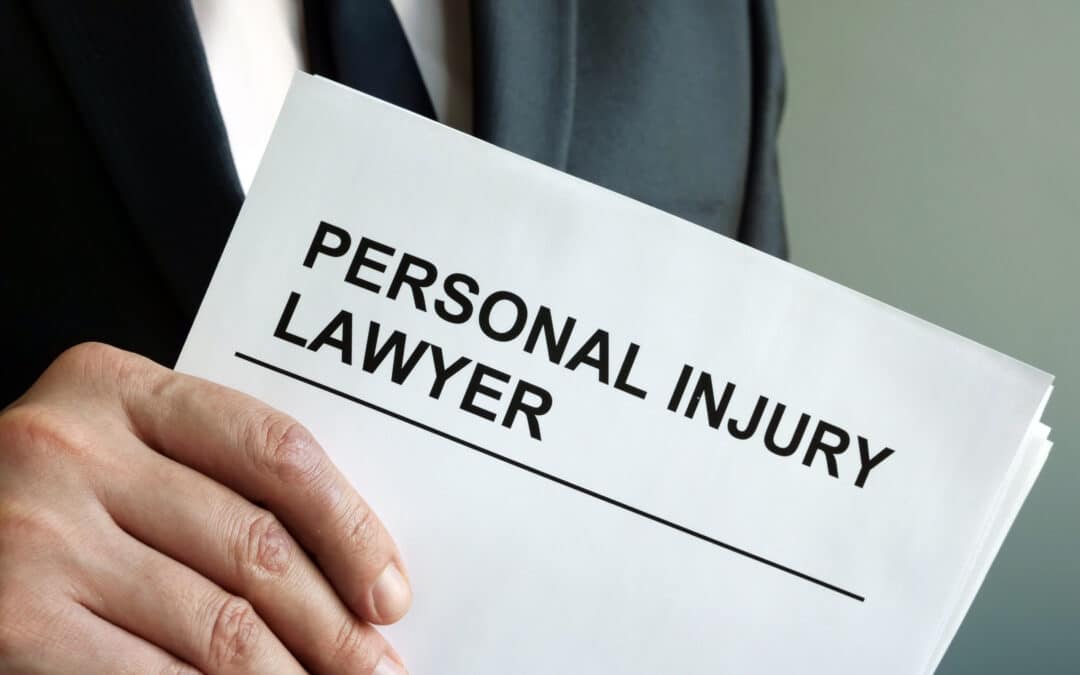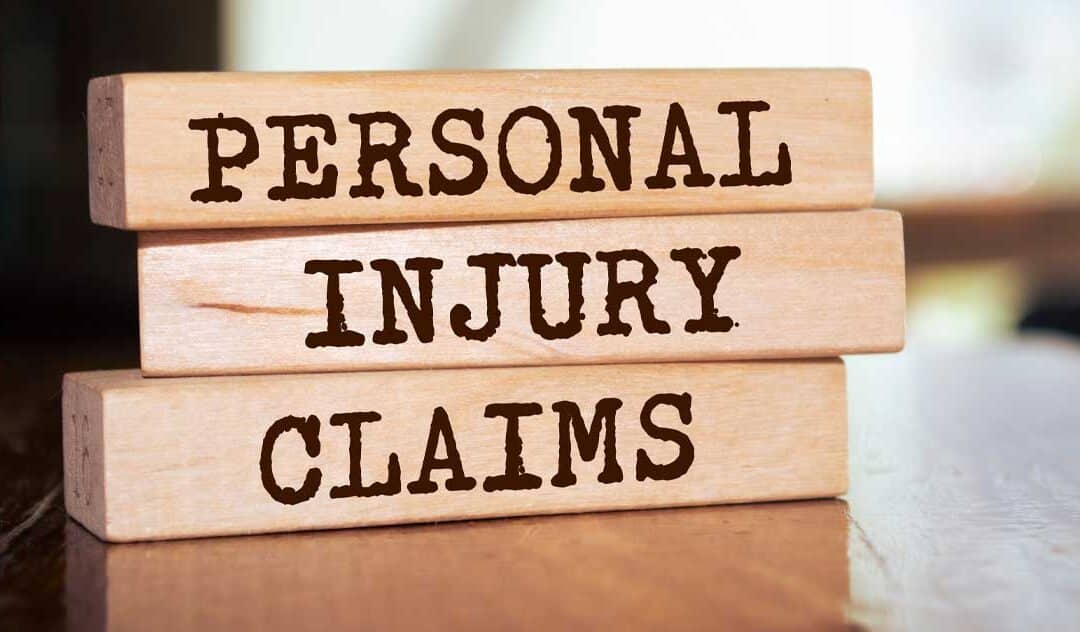
Car Accidents, Personal Injury
Comparative negligence is a legal doctrine that assigns fault in personal injury cases. It allows plaintiffs to recover damages even if partially at fault, with compensation reduced by their percentage of responsibility. In states with pure comparative negligence, plaintiffs can recover damages regardless of fault, while modified negligence bars recovery if over 50% at fault.

Car Accidents
Georgia follows modified comparative negligence, allowing you to seek compensation if you are less than 50% at fault for a car accident. However, your compensation is reduced by your percentage of fault. Factors like distracted driving, speeding, unsafe road conditions, medications, and drowsy driving can affect liability. For legal help, consult experts at 770 Good Law.

Car Accidents, Personal Injury
When choosing a personal injury attorney, consider factors like experience in similar cases, reputation, and communication skills. Look for a lawyer with a strong track record and local knowledge, who offers a contingency fee structure (only paid if you win). Schedule an initial consultation to assess their commitment and understanding. The right attorney can help.

Car Accidents, Personal Injury
Personal injury law is frequently misunderstood, leading to misconceptions that can affect your decisions post-accident. In this blog, we debunk common myths about personal injury law to clarify what you can expect if you’re involved in an accident. Understanding these truths can help you navigate the legal process more effectively and make informed choices.

Car Accidents, Personal Injury
Prior traffic violations can greatly impact car accident cases. They can establish a pattern of negligence, influence liability, affect insurance premiums, and play a role in settlement negotiations. Courts may admit certain violations as evidence, which can also impact a driver’s credibility and lead to court-mandated driver education. Information is key in pursuing claims.











